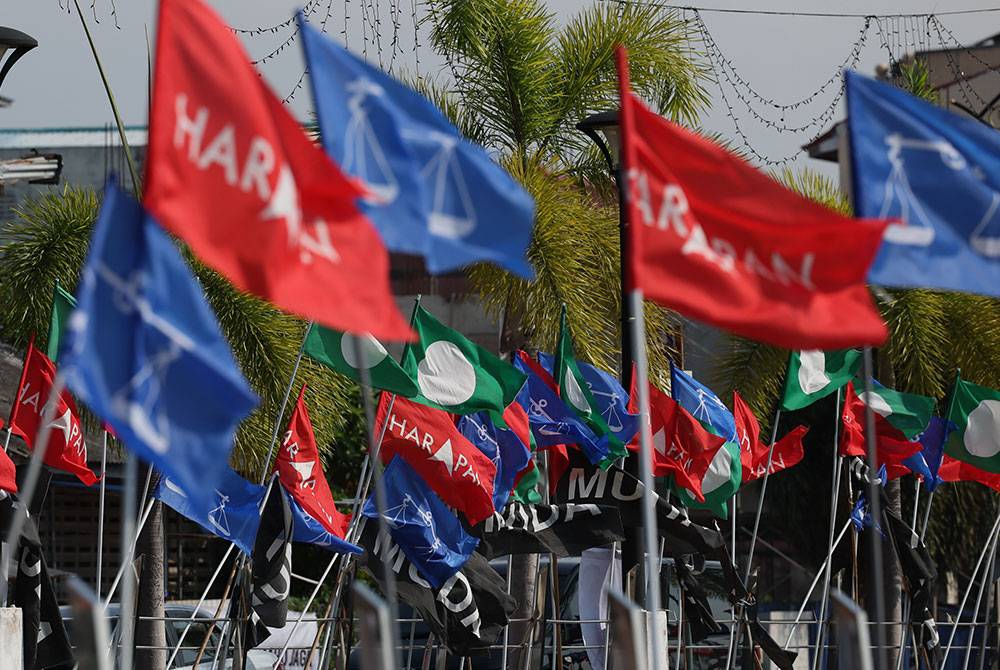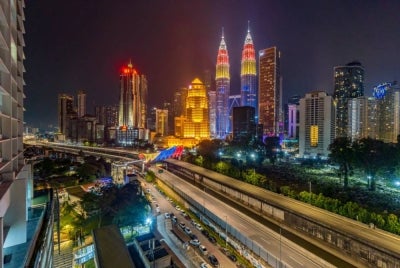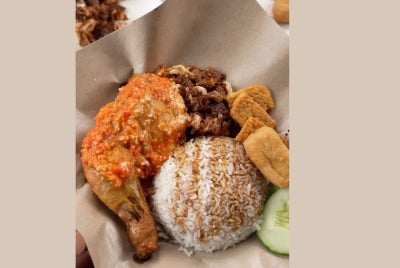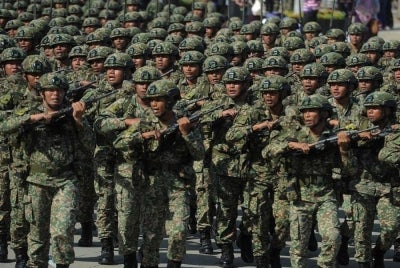Navigating Malaysia's Electoral Landscape: The interplay of Race, Religion, and Royalty in the wake of Kuala Kubu Bharu by-election
As Malaysia seeks for advancement and inclusivity, it is critical to investigate how these elements influence political dynamics and address the threats to unity and democracy.
MOHD AZMIR MOHD NIZAH
RACE, religion, and royal (3R) power are three key strands that frequently intersect in Malaysian politics, with serious implications. While each has its own place in the country's identity, their combination as election modalities can sow seeds of discontent and undermine societal cohesion.
As Malaysia seeks for advancement and inclusivity, it is critical to investigate how these elements influence political dynamics and address the threats to unity and democracy.
Race has long been a defining aspect of Malaysian society, with its multicultural makeup fostering diversity but also tensions. Political parties often align along racial lines, appealing to specific ethnic groups to secure votes.
This divisive approach can deepen societal divisions and perpetuate stereotypes, hindering the formation of a truly inclusive national identity. Moreover, the politicisation of race can marginalise minority communities and undermine their representation in governance, perpetuating inequality and disenchantment with the political process.
In a similar vein, religion enjoys a significant influence on the political system in Malaysia, with Islam being the official religion of the country and having an impact on both policy and discourse.
However, the interaction of religion and politics has the potential to marginalise religious minority and muzzle critical voices, despite the fact that Malaysia places a high importance on religious freedom.
The administration of Islamic laws, the regulation of religious ceremonies, the maltreatment of religious symbols and perceived threat due to religious concerns are among examples of topics that frequently become the subject of intense arguments. These debates further polarise society along religious lines and impede efforts to cultivate tolerance and understanding among various religion communities.
Further complicating matters is the fact that Malaysia's electoral environment is further complicated by the role of royalty.
Constitutional monarchs are essentially ceremonial characters; but, due to the symbolic value of their positions and the historical ties that they have to power, they have a significant amount of influence over public opinion.
To boost their legitimacy, politicians frequently seek royal approbation.
On the other hand, the involvement of the monarchy in political events can raise problems about the separation of powers and democratic values. Furthermore, the reverence for royalty has the potential to obscure important conversations about governance and accountability, which ultimately diverts attention away from the most severe problems that the nation is currently facing.
When it comes to Malaysia's voting procedures, the junction of race, religion, and royal influence provides a multidimensional challenge to the country's political and social stability.
The exploitation of these variables for the purpose of gaining electoral advantage can aggravate differences, undermine democratic values, and destroy trust in institutions. To overcome these obstacles and cultivate a society that is more inclusive and equitable, it is necessary to make concerted efforts to promote discourse, appreciate diversity, and enhance democratic institutions.
The first and most important thing that political parties need to do is go beyond narrow appeals to specific ethnicities and religions and embrace a vision of Malaysia that celebrates the country's diversity as a source of strength.
It is imperative that inclusive policies, policies that promote fair representation, and policies that promote social cohesion take precedence over matters that divides people and identity politics. In addition, protections ought to be put into place to preserve the rights of all communities and guarantee that every voice is heard during the democratic process.
In the end, to overcome the negative electoral mechanisms that are connected with race, religion, and royal, it is necessary for all stakeholders to make a determined commitment to defend the values of democracy, inclusion, and social peace.
Through the cultivation of a culture of discourse and mutual respect, Malaysia can chart a course towards a future that is more prosperous and united for all its citizens. This can be accomplished by addressing the underlying reasons of separation.
When it comes to the electoral environment of Malaysia, the interaction of race, religion, and the royal presents considerable challenges to the political and social concord that exists there. Through the recognition of these difficulties and the implementation of proactive measures to manage them, Malaysia has the potential to construct a society that is more inclusive and egalitarian, and that recognises its variety as a source of strength.
Having said so, the coming of Kuala Kubu Bharu by-election presents acid test for the management of 3R issues among parties, supporters and electorate.
Assoc. Prof. Dr Mohd Azmir Mohd Nizah is a Senior Lecturer at Universiti Sains Islam Malaysia. The views expressed in this article are the author's own and do not necessarily reflect those of those of Sinar Daily.
Download Sinar Daily application.Click Here!














